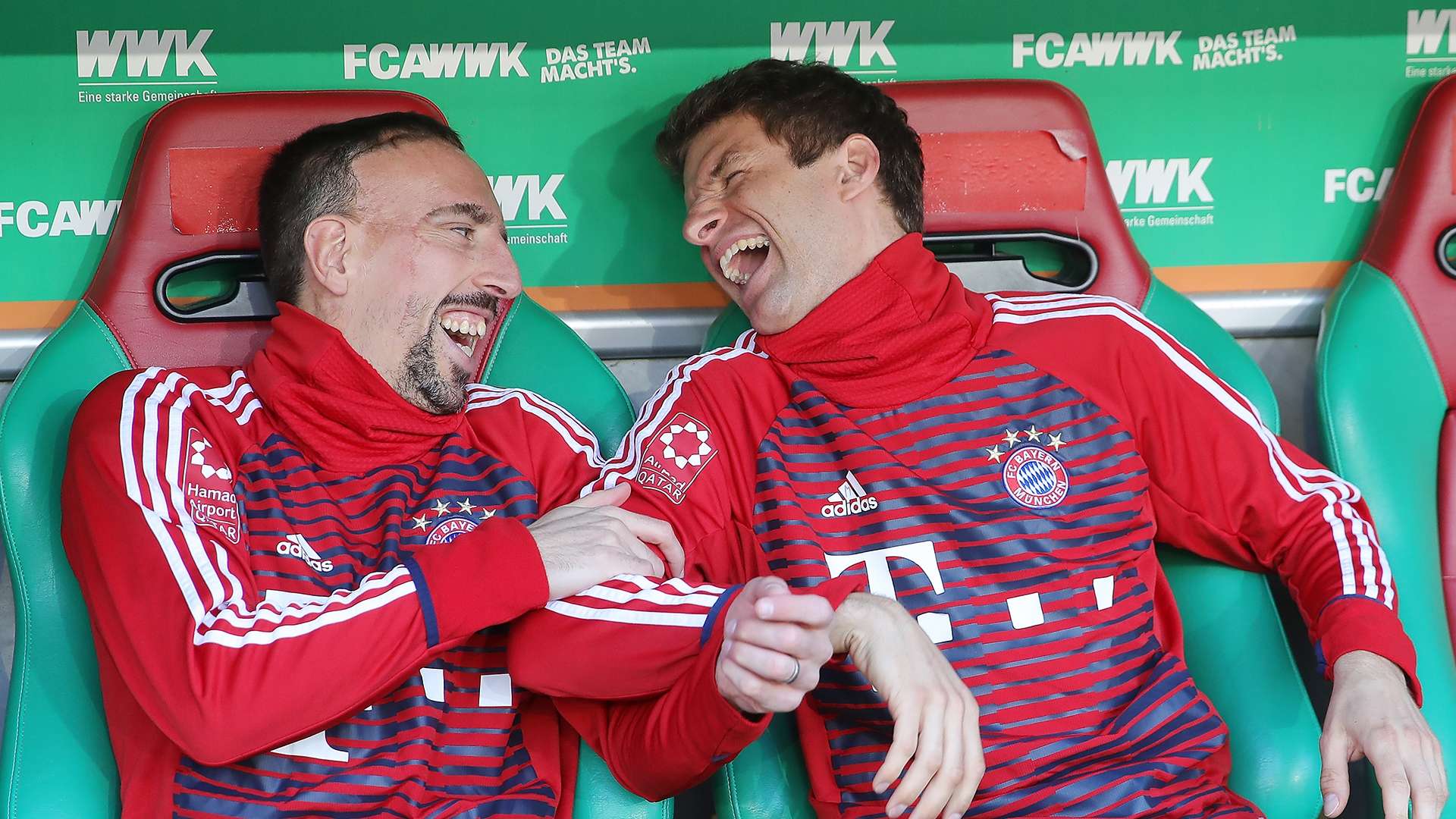
Bayern Munich's Monopoly: Impact on Bundesliga's Competitive Balance
Bayern Munich's sustained dominance in the Bundesliga has long been a topic of heated debate among football enthusiasts, as their stranglehold on the league title raises questions about the competitive balance of German football. Since Borussia Dortmund's memorable triumph under Jürgen Klopp in the 2011-12 season, Bayern Munich has embarked on an unprecedented run of success, securing the Bundesliga crown year after year. This relentless dominance has sparked discussions about the league's quality and competitiveness, with many critics dubbing it a "Farmer's League," where promising talents are often developed by other clubs, only to be snapped up by the Bavarian giants.

Transfer Strategies and Financial Power
A key factor contributing to Bayern's supremacy is their strategic approach to transfers within the Bundesliga, often described as a "talent poaching" strategy. Bayern's ability to lure top performers from rival clubs has not only strengthened their own squad but also weakened potential challengers. Notable examples include the acquisitions of Mario Götze, Mats Hummels, and Robert Lewandowski from Borussia Dortmund, which significantly disrupted Dortmund's momentum as a formidable European force.
Bayern's financial muscle further cements their dominance. With a robust revenue model, Bayern can offer lucrative contracts and competitive transfer fees that other German clubs struggle to match. According to The Financial Express, Bayern's financial prowess allows them to maintain a high standard, both domestically and internationally, while their competitors remain at a disadvantage.
The Impact of the 50+1 Rule
Another aspect often highlighted in discussions about Bundesliga's competitive balance is the 50+1 rule, a distinctive feature of German football governance. This rule stipulates that club members must hold at least 51% of voting rights, limiting the influence of external investors. While this structure preserves the traditional fan-centric ownership model, it also restricts clubs from receiving substantial financial injections from wealthy investors, as seen in other European leagues.
Critics argue that this rule hinders the competitiveness of Bundesliga teams, as it limits their ability to rival Bayern's spending power. Proponents, however, emphasize the rule's role in maintaining the unique identity and integrity of German clubs. Nevertheless, the debate about whether revisiting the 50+1 rule could enhance the league's competitiveness remains an ongoing conversation.
A Glimpse at Potential Challengers
Despite Bayern's dominance, some clubs have shown flashes of potential to challenge their hegemony. RB Leipzig's rise, backed by corporate support from Red Bull, presents a different financial model that has allowed them to assemble a competitive squad capable of unsettling the established order. Leipzig's strategic signings and youth development have positioned them as credible title contenders. Currently sitting in fifth place, as reported by the BBC, Leipzig's recent victory over Borussia Dortmund highlights their potential.
Bayer Leverkusen and Borussia Dortmund also remain key figures in the quest to break Bayern's monopoly. However, as noted by The Albertan, Dortmund's inconsistency this season underlines the challenges these clubs face in mounting a sustained title challenge.
The Broader European Context
Bayern Munich's success is not limited to German soil; their European exploits have further cemented their reputation as a powerhouse. However, this also feeds into the narrative that the Bundesliga serves as a talent pool for Europe's elite clubs. The financial disparity between Bayern and their Bundesliga counterparts means the Bavarians are often the only German club making significant waves on the European stage.
As the 2024-2025 season unfolds, Bayern Munich's grip on the Bundesliga title appears as firm as ever. Yet, discussions about the league's competitive balance continue to echo across the footballing world. Whether through revisiting the 50+1 rule or through strategic innovations by rival clubs, the quest to enhance the Bundesliga's competitiveness remains a priority for those invested in the future of German football.
In conclusion, while Bayern Munich's transfer strategies and financial power have cemented their dominance, they have also cast a shadow over the Bundesliga's competitive landscape. The balance between tradition and competitiveness is a tightrope that German football continues to walk, with the hope that innovation and reform might one day lead to a more level playing field.